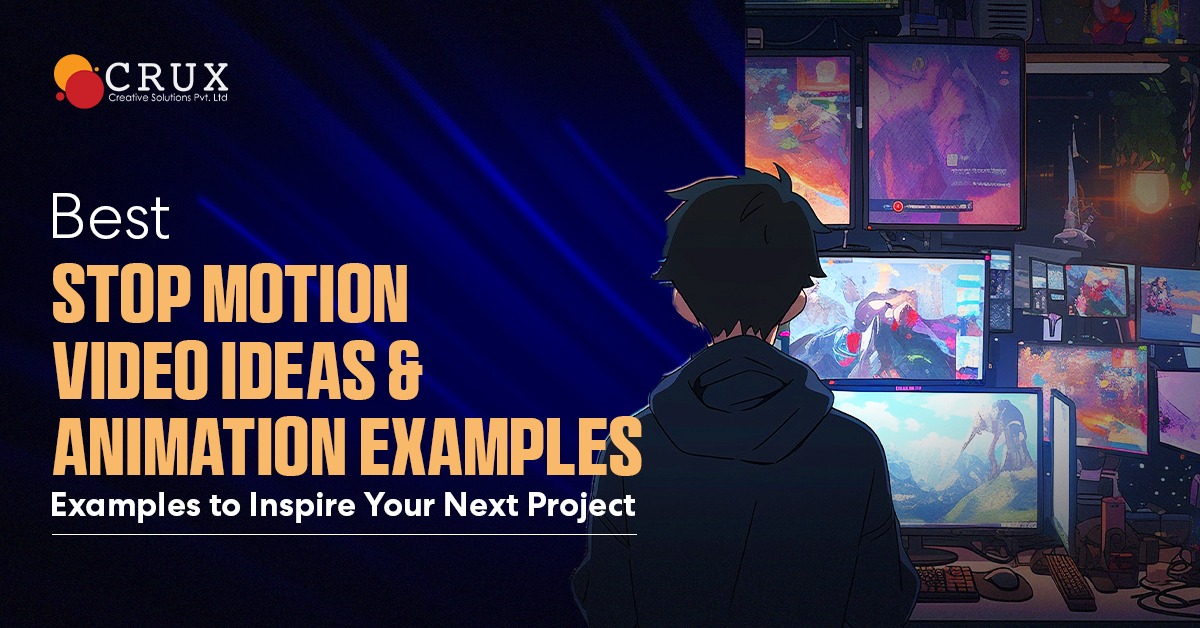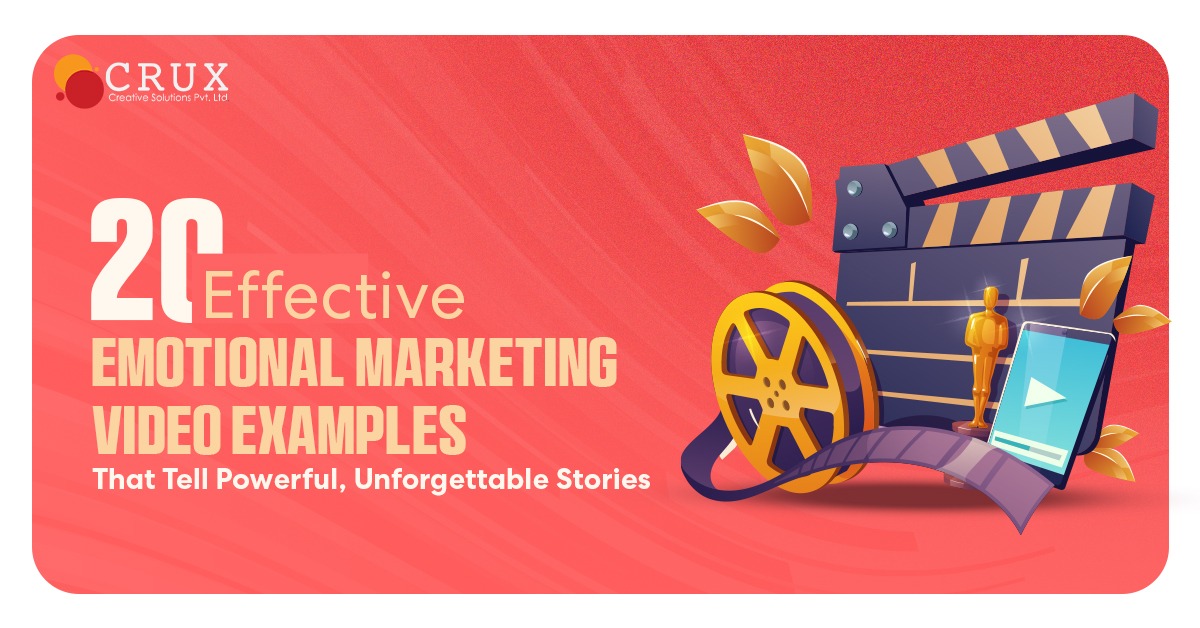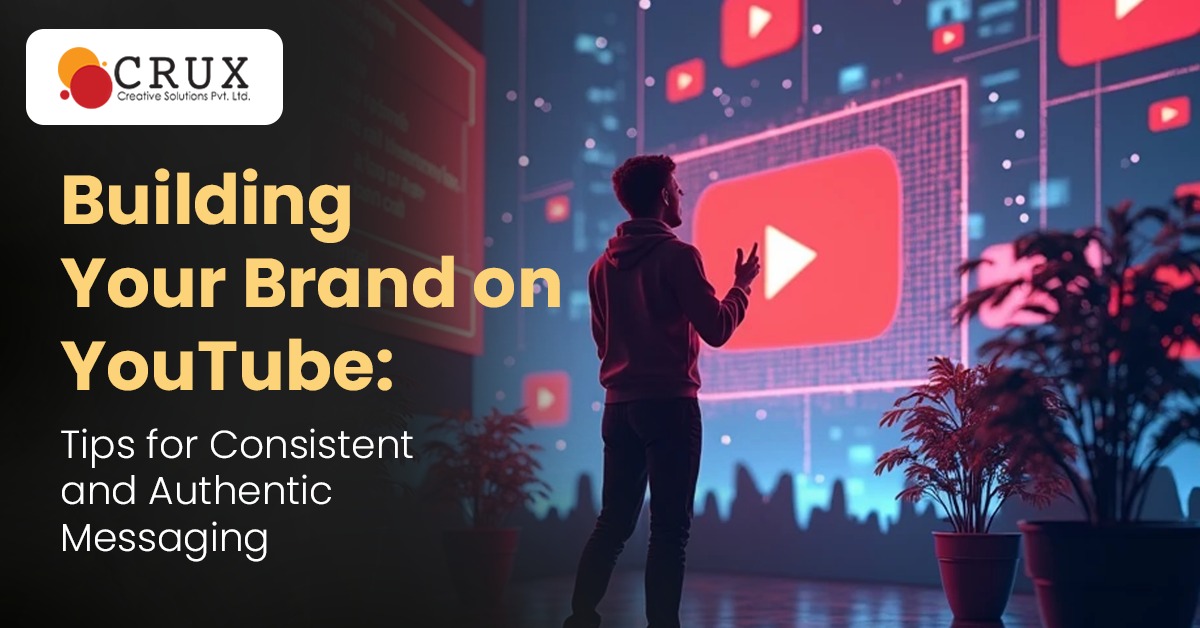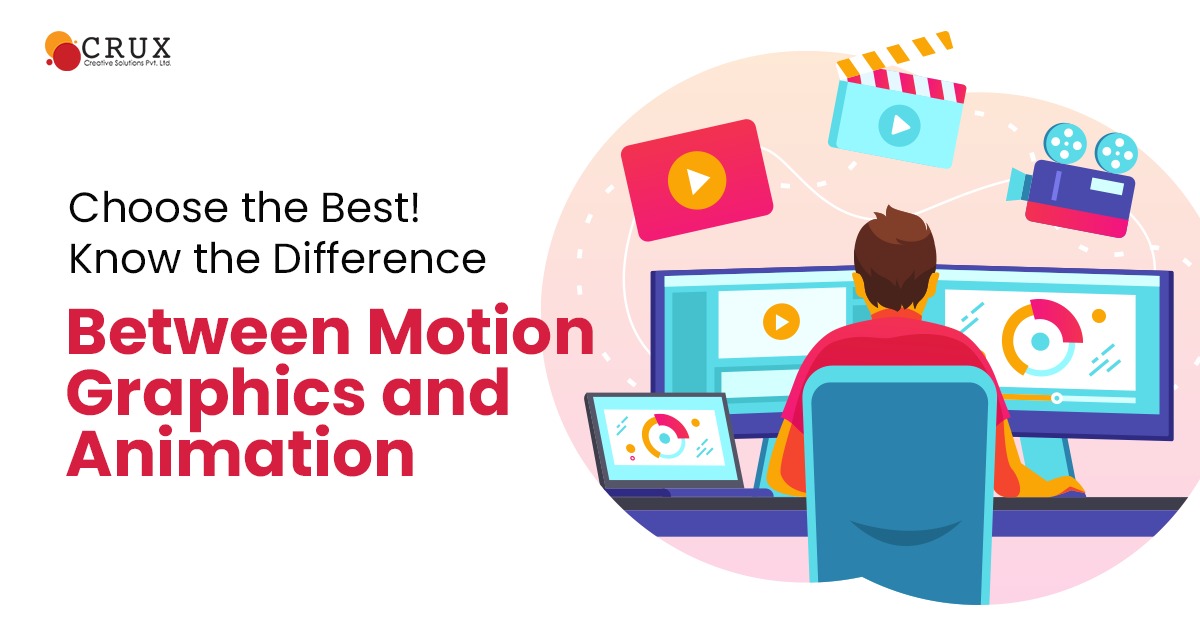
What Aspects Of A Hyperlink Are Not Important For SEO?
When it comes to Search Engine Optimization (SEO), the humble hyperlink plays a crucial role. These clickable connections allow users to navigate between pages and websites seamlessly. However, not every aspect of a hyperlink carries equal weight for search engines. Today, we'll explore the components of hyperlinks that don't significantly impact your SEO efforts with the help of the best SEO company in Gurgaon.
The URL Protocol
The protocol in a URL specifies the method of data transfer. The most common protocol is "http://" (Hypertext Transfer Protocol) and its secure counterpart, "https://". While using "https://" is Recommended for security reasons, the protocol itself doesn't directly influence your SEO rankings.
For example, http://example.com and https://example.com are treated identically by search engines for ranking purposes. The protocol merely indicates how the website communicates with the user's browser.
Subdomain Variations
Subdomains are prefixes added before the root domain name, like "blog.example.com" or "shop.example.com". These variations don't carry significant SEO weight on their own. Search engines generally treat subdomains as separate entities from the root domain.
However, proper subdomain organisation can improve user experience and make site structure more logical, indirectly benefiting SEO. Just don't expect a subdomain alone to boost your rankings.
URL Path Casing
The casing (uppercase or lowercase letters) of the URL path doesn't matter for SEO. Search engines treat "example.com/About-Us" and "example.com/about-us" as identical URLs. Consistency is key, though – pick a casing convention and stick to it throughout your site for better user experience.
Trailing Slashes
A trailing slash at the end of a URL (e.g., "example.com/about/" vs. "example.com/about") is another aspect that doesn't directly impact SEO. Search engines understand these are the same page and will rank them accordingly.
However, it's best to choose one style (with or without the trailing slash) and use it consistently across your site to avoid potential duplicate content issues. Discuss with the best digital marketing company in Gurgaon to choose the style options.
Query Strings
Query strings are portions of a URL that follow a question mark, often used to pass data to the server. For example, "example.com/product?id=123&color=red". While query strings don't inherently affect SEO, they can contribute to duplicate content problems if not handled properly.
Most search engines are adept at recognizing and ignoring trivial query string parameters. However, it's wise to use canonicalization or URL parameter handling tools to manage potentially duplicate content caused by query strings.
Fragment Identifiers
Fragment identifiers, denoted by a hash symbol (#), are used to link to specific sections within a webpage. For instance, "example.com/blog#section2" would scroll the user to the section labelled "section2" on the blog page.
Search engines generally ignore fragment identifiers when crawling and ranking pages since they don't represent separate content. However, fragment identifiers can enhance user experience by allowing quick navigation within a page.
Anchor Text
While anchor text (the clickable text portion of a hyperlink) is crucial for both users and search engines, the styling of that text holds no SEO value. Whether the anchor text is bold, italic, underlined, or a different colour, search engines only focus on the actual words used.
However, descriptive and relevant anchor text can provide context about the linked page, which can indirectly benefit SEO by improving usability and engagement.
Non-HTML Links
Some hyperlinks don't rely on HTML markup but still function as navigational aids. These include links in PDF documents, Microsoft Office files, or other non-web formats. Search engines generally can't follow or assign value to these types of links from an SEO perspective.
While not directly influencing rankings, providing linked resources in common file formats can enhance the user experience on your site.
Nofollow Links
The "nofollow" attribute is an HTML tag that instructs search engines not to follow or pass any ranking credit through that particular link. Nofollow links are often used for advertising, sponsored content, or untrusted sources to prevent search engines from misinterpreting them as endorsements.
According to the best branding agency in Gurgaon, search engines respect the nofollow directive and don't consider these links for ranking purposes. However, nofollow links can still provide value to users by leading them to relevant information or resources.
While hyperlinks are vital for both users and search engines, not every aspect of a URL carries equal weight for SEO. By understanding which components truly matter, you can focus your optimization efforts more effectively and create a better overall experience for your website visitors.
Still confused about hyperlinks? Seek the help of the best digital marketing team, mentored by the industry expert, Shelly Bhasin. Work with Crux, the creative agency in Gurgaon today.














